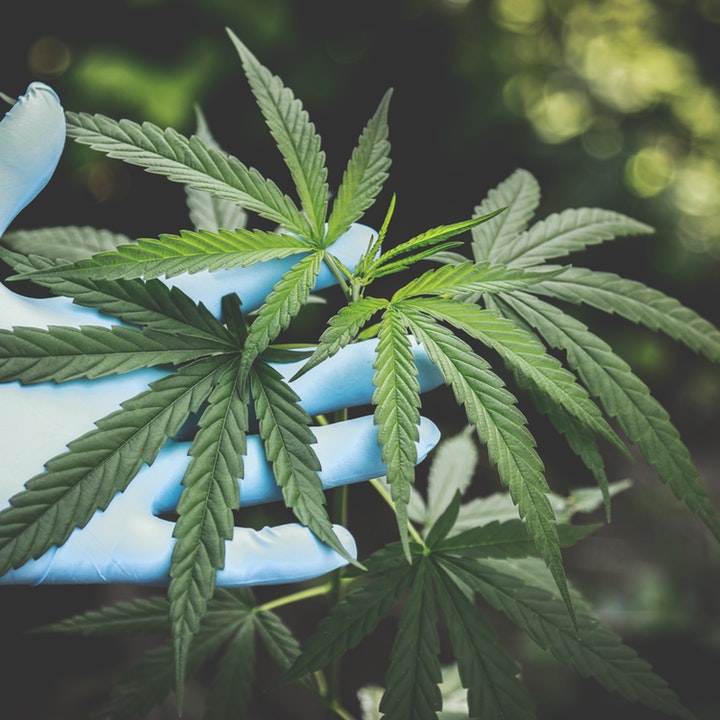Hemp has proven itself to be a very versatile plant, providing us with sustainable, health-focused products that cover a wide variety of uses. Arguably one of the most impactful to stem from this plant has been cannabidiol (CBD). Cannabidiol is a natural substance found within the hemp plant that possesses many potential health benefits for those looking for natural solutions to their ailments. However, those just learning about this substance may not know what it does or whether it’s right for them. If CBD has found its way onto your radar as a potential alternative treatment option, let’s take a closer look at this substance to learn more about its uses, benefits, and potential side effects.
What Is CBD and how is it used?
If you’re familiar with hemp, you may already be familiar with a close relative of CBD: THC. THC is the chemical compound found in marijuana that is responsible for the psychoactive effects that you experience when you smoke or consume cannabis-based products. What you may also be familiar with is the fact that THC is known for being able to help individuals cope with pain and other health issues. The difference between CBD and THC is that the former does not have any of the psychoactive properties of the latter, which means that many people turn to CBD as a way to potentially reap the same benefits.
If you find that you want to use CBD for your own purposes, the substance has many applications. If you prefer a more natural experience, you can smoke CBD flowers to get your desired dose. If you want something more concentrated, you can choose a tincture oil or edibles and concentrates. If you are trying to cure a specific problem within your body, you may instead wish to use oils and salves. No matter what product you may want for your needs, you must purchase your goods from a high-quality, trustworthy company like Sera Labs CBD. This way, you can ensure you are getting reliable service and real products.
What are the benefits of CBD?
Before we dive into some of the purported health benefits of CBD, it is important to know that the substance is not a surefire treatment method. While some studies may point to health benefits, research is scarce and CBD still remains unapproved by the FDA.
With that in mind, three of the major health benefits often associated with CBD include:
- Anxiety and stress relief, and how your brain interacts with CBD to change the way that receptors respond to certain chemicals like serotonin.
- Pain relief and relief from inflammation. For example, CBD oil can be used to treat anemia, a condition that may cause many individuals pain, especially in the case of Sickle Cell Anemia. By using CBD oil, they may be able to target the sources of inflammation and pain to better cope with the symptoms of the condition.
- Acne relief and other skin-boosting benefits such as reducing eczema.
As you can see, these types of benefits are what make CBD such a popular substance in the health and wellness space. While you should not rely on it solely for relief, you can absolutely try it out for yourself to see if it makes a difference in your life.
What are the potential side effects?
The good news is that you cannot overdose on CBD, nor can the substance cause serious bodily harm when used incorrectly. However, many forget that CBD does have some reported side effects. Three of the main issues that you may encounter if you do experience side effects include nausea, irritability, and fatigue. Additionally, CBD may be problematic with certain medications like blood thinners. If you are considering taking CBD for serious health problems that are currently being treated, be sure to speak with your doctor about CBD to find out if it’s right for you.
CBD is a relatively harmless substance that may be able to provide some with alternative treatments to common ailments. If you are looking into CBD for your own needs, use the guide above to learn more about its uses, benefits, and potential side effects and interactions.

